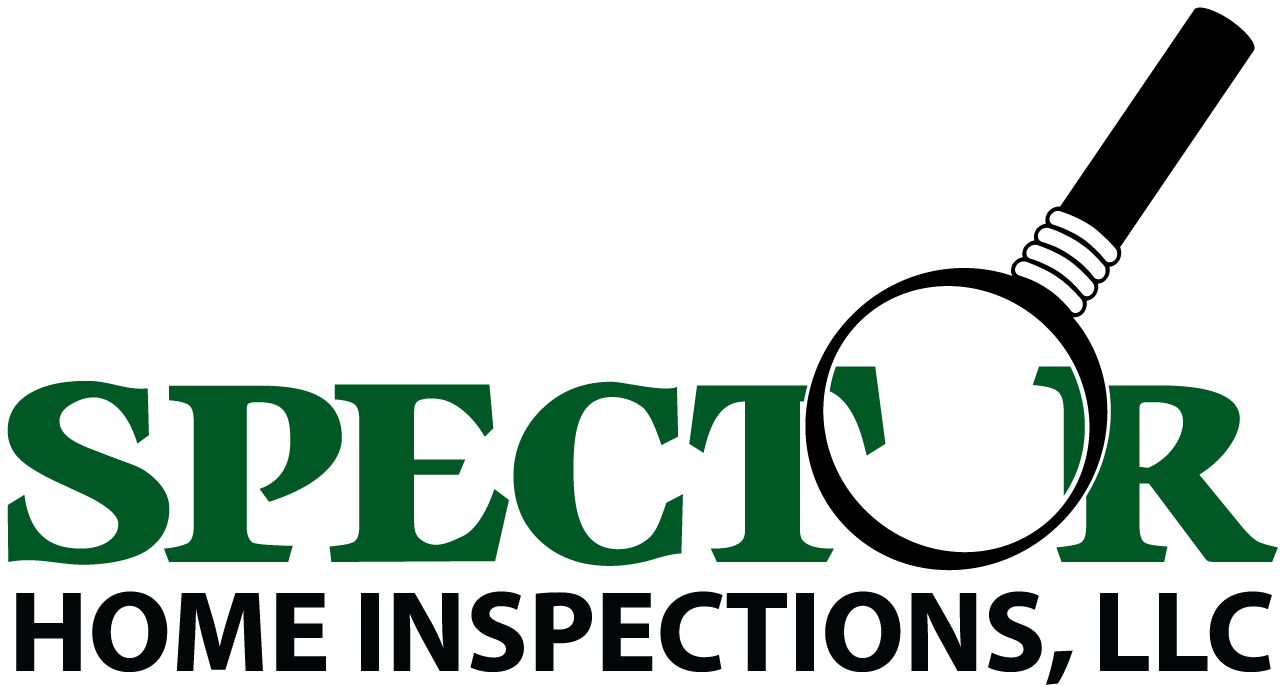SPECTOR HOME INSPECTIONS, LLC.
What We Do
If you are buying a home you should become educated on the process of choosing a home inspector and what exactly it is that they do.
What is a home inspection? Who performs these inspections?
A home inspection is a review of the major components of a home by a certified, licensed, and insured professional. Arent all inspectors licensed? No, and some are not. There are huge differences between home inspectors. Experience in this business is the most important credential an inspector can have. Like all professions or trades, the majority do the minimum. A small percentage is incompetent and an even smaller percentage is informative, instructive, or simply very knowledgeable and good at what they do. This individual will be a member of a professional organization and will be up to date on industry changes and liabilities. A friend or colleague referral is the best place to start to find a good inspector, but you should do a little homework of your own as well. You get what you pay for in this business. Dont be fooled that all inspectors or inspections are equal. That does not mean that the more you pay the better inspection you will get, but it will help weed you through the Capt. Bob home inspector/fishing guides. Generally the lower priced inspections are performed by new inspectors trying to enter the market using the lowest price strategy. Inspections will not vary much more than $100 either way, so be smart and beware and resist the temptation to cut cost when it comes to the most decisive stage of the buying process.
What should a Home inspection cover?
It is the job of the home inspector to not only evaluate the condition of the house’s major systems and structural integrity, but also to evaluate how these systems are working together and identify areas that need to be watched, repaired or replaced. The inspection is designed to identify major defects that may affect the buyers offer to purchase. Cosmetic items (ex. old paint) are considered normal wear and tear and are generally only noted for informational purposes. Sellers are required to disclose any significant defects known to them; however most people are unaware of existing problems and simply not qualified to identify some important defects.
At a minimum, the inspector should identify and inspect items outlined and identified in paragraphs “D and N” of the Florida FAR, BAR, contracts. Professional organizations such as the American Society of Home Inspectors or A.S.H.I. have set standards requiring additional items not included in these contracts to be inspected as well. Further, some inspections will include items in addition to the items covered by the contracts or associations. An example would be appliances, ages, and service life expectancy. Our inspections go above and beyond all the minimum requirements.
The Major Components
Roof: proper installation; within its useful life; leak identification
Electrical: proper installation, proper location, adequate amperage, general safety of outlets, and building wiring; Recommendations for upgrades to current standards.
Plumbing: septic (proper maintenance)? Old galvanized piping? Cast iron waste pipes, proper water flow, properly installed water heater; leaking pipes/fixtures/ properly operating fixtures, drains, stoppers.
A/C: proper cooling / heating. proper drainage of condensate, leaking ductwork, properly installed returns/supply (s), emergency pan/drain and or shut off device,
Structure: varying cracks in block, wood destroying organism activity, damaged truss? Foundation settlement/cracking; damaged floor joists?
Interior: water damage, below standard attic insulation, improper attic venting
Proper operation of: appliances, interior/exterior doors, all appliances, garage door and opener settings, lights/fans/central vacuum, etc.
This is not intended to be a comprehensive list, but it should give you an idea of the thoroughness you should be looking for.
After receiving the report
A few items were reported and fall under paragraphs D and N.? This is another area where your realtor will be very helpful. Everything is negotiable in a contract; however an as is contract should already tell you that the seller is not in a position to repair anything. Your specific contract and realtor will identify your options at this point. If the seller agrees to fix the problem there are generally two options.
(1) they will fix the problem
(2) they will leave money in escrow for the repair based on an agreed upon estimate for repair.
My experience has been to accept option number (2). The seller will generally do the minimum repair and soon I am back out at the home inspecting the quality of the repair work (an area that most inspectors will refuse to do). Your idea of a proper repair may vary greatly from mine or the seller. A common example would be wood rot repairs. Should the entire door be replaced? Or just scrape out the wood rot, fill with composite, sand & paint. There are many grey areas and no two professionals are likely to give you the same answer, so use your common sense and best judgment. After all it is you that has to live there and it is your offer to purchase. Be sure you are getting what you based your offer on.
Spector Inspection
Contact Us
david@spectorinspection.com
(772) 564-0191
Hours
Service: 24/7
Office: Please Call for a Appointment
What We Inspect
ROOF
ATTIC
STRUCTURE
PLUMBING
ELECTRICAL
APPLIANCES
GROUNDS
WINDOWS
DOORS
H.V.A.C.
IRRIGATION
SEPTIC
MOLD TESTING/LAB ANALYSIS
& MORE
Home, Commercial, Mold, Warranty Inspection, Termite.
Serving Indian River County
Contact
Head Office
Call Us
(772) 564-0191
EMAIL US
david@spectorinspection.com

